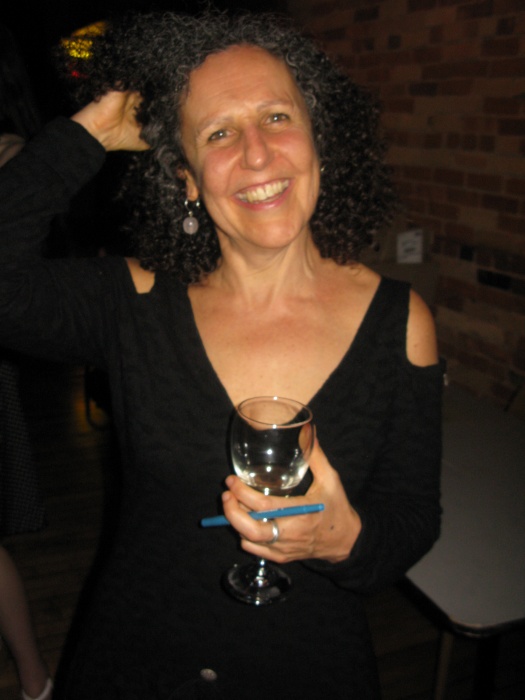An all-day workshop at the University of Victoria hopes to provide as many attendees as possible with strategies to build inclusive services for LGBTQ families.
Welcoming and Celebrating Sexual Orientation and Gender Diversity in Families, led by Canadian activist, educator, and author Rachel Epstein, will feature activities to get people thinking and communicating about easy changes that can be made within organizations and businesses to provide a more welcoming environment for gay- and lesbian-led families.
“Often it’s the first time that people get to talk about LGBTQ-related things, and we try to create an environment that’s open so they get to ask the questions that they don’t always get to ask,” explains Epstein, who emphasizes that the environment is more educational than confrontational. “We’re not there to lecture people, we’re asking people to really question themselves and reflect on early beliefs that they were raised with and look at them with a different perspective.”
Hosted by the BC Council for Families, Epstein believes the workshop is the first of its kind in Victoria. Epstein, who has spoken to many postsecondary students as an educator on LGBTQ issues, says that it’s particularly important that other educators are aware of these issues, and says that she encourages postsecondary faculty and staff in Victoria to head down to the workshop.

“It would be great if they would attend, particularly anyone who is teaching in the world of social services and health,” says Epstein. “For anyone who is out there in the world seeing lots of people, we’d really, really encourage them to come to the workshop. They’d be very welcome.”
Camosun College Student Society (CCSS) Pride director Piotr Burek believes postsecondary campuses can always improve services on campus to be more inclusive of LGBTQ people.
“There are still problems that need to be addressed for queer students on campus,” says Burek, pointing out that, like all of society, Camosun operates “within a larger heteronormative framework.”
However, Burek, whose job within the CCSS is to make sure LGBTQ students have the services they need, is always encouraged by the networking ability of queer students.
“While queers still face marginalization, the campuses can be a great space for them to meet, gain friendships, and work on queerly awesome projects together,” he says. “So, while problems exist, Camosun can be a pretty rad place for queers.”
Epstein explains that LGBTQ people have to deal with living in a heteronormative society at every step, and says there’s always work to be done to make campuses more accepting and welcoming for everyone.
“It gets played out in thousands of minute ways every day in our daily lives, walking into schools that are highly heteronormative, what’s in the books or on the walls, it’s all really based in heterosexuality,” explains Epstein. “It’s one of the most important concepts to understand, maybe even more than homophobia, because with homophobia you know when someone is being that way, but with the concept of heteronormative, it’s in the air we breathe.”
Epstein’s workshop takes place on Wednesday, September 25 from 9 am to 4 pm in the Cadboro Commons Building at UVic. To register for the workshop, go to bccf.ca or call 604–678–8884.
